- An approachable guide that demystifies mathematical notation commonly found in graphics research papers
- Explains basic notation including summations, products, boolean algebra, and various representations for scalars, vectors, matrices, and tensors
- Bridges the gap between mathematical notation and programming implementations, helping shader developers understand and implement published algorithms
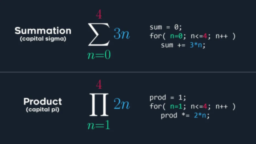
- Ubisoft has open-sourced Chroma, their in-house colorblind simulation tool
- The tool applies filters over game screens to simulate various types of color blindness in real-time
- Designed to help developers assess and improve game accessibility

- Collection of NVIDIA’s latest technical sessions and presentations from Game Developers Conference 2025
- Covers a wide range of topics including ray tracing, AI-assisted rendering, graphics optimization techniques as well as more generic AI techniques
- Provides insights into how to path trae nanite content
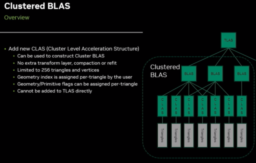
- A practical guide to effectively combining multiple shader effects into a single shader pass
- Presents a checklist for determining shader compatibility based on performance, sample count, coordinates, textures, and inputs
- Explains how to convert shader code into functions and handle the ordering of effects for optimal results
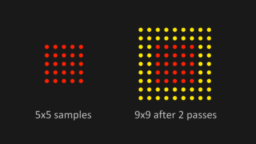
- Detailed exploration of Monte Carlo integration techniques applied to rendering, focusing on a simplified 2D light transport model
- Covers direct lighting, indirect lighting, and specular reflection with thorough mathematical explanations
- Discusses common challenges like fireflies and variance reduction in path tracing implementations

- Comprehensive course materials from MIT’s “Machine Learning for Inverse Graphics” (6.S980)
- Covers fundamental topics in computer vision, graphics, and geometric deep learning, with a focus on neural scene representations
- Provides lectures on image formation, 3D scene representations, neural rendering, and self-supervised learning approaches
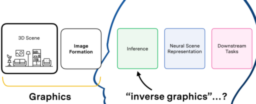
- Microsoft’s latest DirectX roadmap presentation highlighting API advancements and tool updates
- Shows updates to work graphs, neural rendering, raytracing 1.2 micromaps and shader execution reodering
- summary of Agile SDK updates as well as plans for the HLSL future developments
- additionally provides a look at new PIX capabilties as well as PIX API preview release
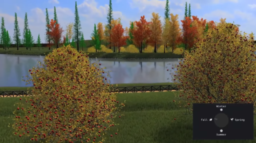
- Part of a Vulkan tutorial series focusing on integration with the Assimp library for model loading
- Demonstrates how to process imported model data into Vulkan-compatible vertex and index buffers
- Covers handling of materials, textures, and transformations when integrating external 3D assets
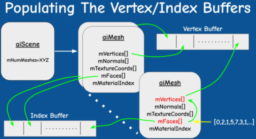
- Detailed exploration of creating efficient random number generators optimized for SIMD and GPU execution
- Discusses implementation of a Linear Congruential Generator (LCG) with xorshift operations
- additionally presents how to author an SIMD optimized variant

Thanks to Manish Mathai for supporting this series
Would you like to see your name here too? Become a Patreon of this series